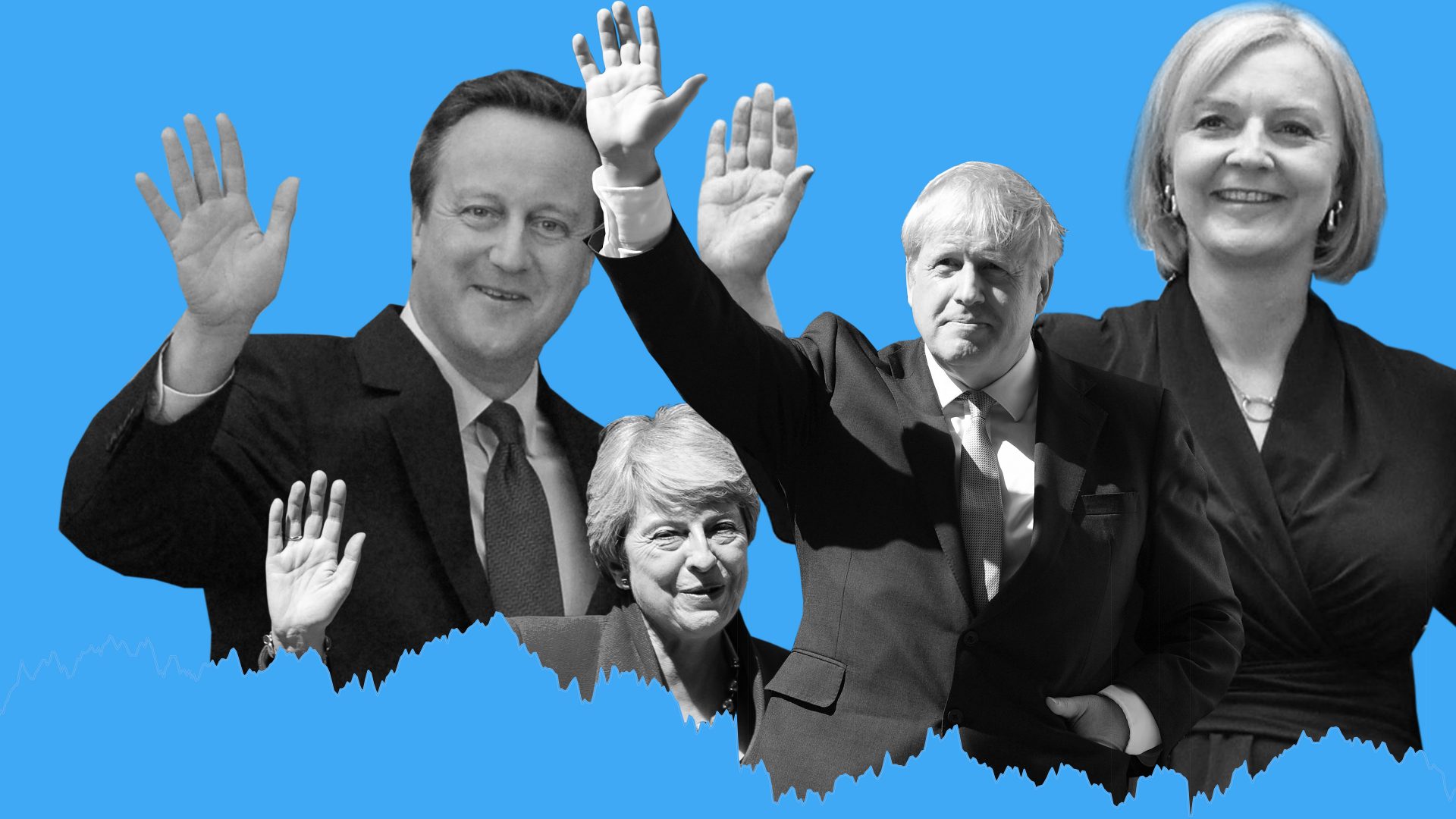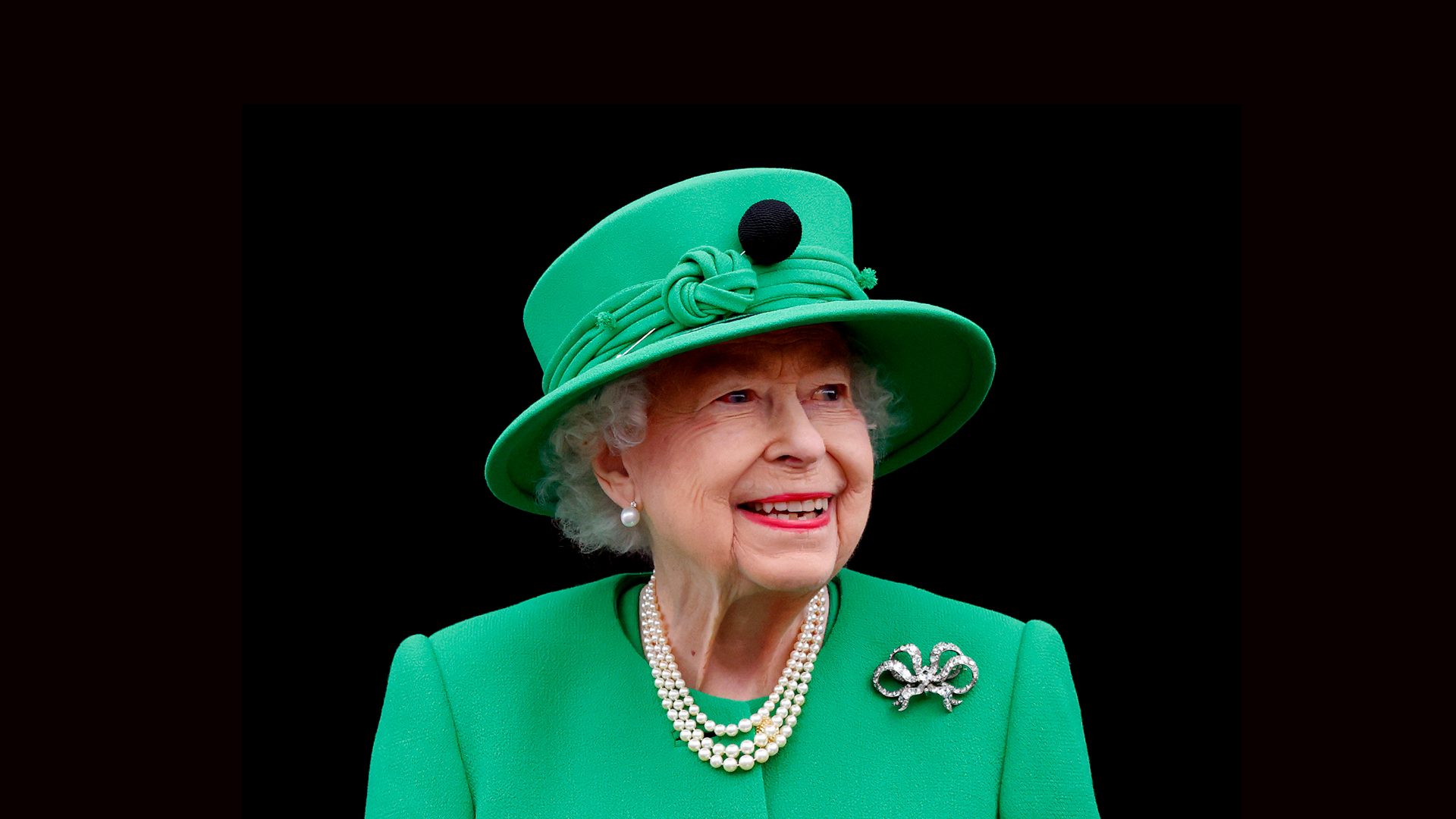Having started my working life in the foreign exchange department of the Bank of America, I have a warm regard for the sector. Its dealers were ruthless, unemotional, pragmatic and almost always nice people.
Dealers aren’t necessarily experts in economics or politics. They just buy and sell currencies in bundles worth millions, tens of millions and even hundreds of millions of pounds at a time, to try to make profits on minute changes in price.
But behind that day-to-day activity lies a deeper truth. Millions of buyers and sellers selling billions of pounds’ worth of currency a day create a collective view of the worth of a country’s currency, based on its prospects. If there really are sunlit uplands ahead, your currency rises in value. A deep chasm of despair all around and your currency will fall like a stone.
The pound fell 10% the day of the referendum result, not because dealers were misled by Remainers’ Project Fear or because of what they saw and heard on the BBC. The market took one cold, hard look at the British economy and its prospects and decided they were far worse than the day before – about 10% worse. If anyone thought Brexit would boost British growth, they didn’t bet any of their money on it. And how right they were.
Now the pound, with a new face on its notes and coins, has hit new lows on the foreign exchange market and the reasons are very much the same. The market is deciding that the prospects for the British economy and the trustworthiness of the government are distinctly unimpressive.
Of course, there are two sides to any foreign exchange transaction. You sell dollars to buy euros or sell yen to buy pounds.
So is the pound down against the dollar because the American economy is doing very well, not because the British economy is doing very badly? After all, that is what happened the last time the pound was this low in the mid-1980s. Reaganomics was in full swing, the US government was boosting growth to such an extent that the Federal Reserve felt obliged to increase interest rates to slow things down and dampen inflation. The result was a clamour for dollars as the economy boomed and American banks paid high interest rates, a double win for investors. As the dollar soared other currencies including the pound fell.
But that is not what is happening this time. Even against the euro, which has many of its own problems, the pound is looking weak – that takes some doing. This time the markets are taking a long, hard look at the UK and deciding that they don’t like what they see.
For a start, there is the economy. It is heading for a long and difficult recession, brought on, in part, by the war in Ukraine. But its prospects look particularly bad compared to its rivals and so the pound is suffering. UK energy prices are higher than elsewhere, inflation is higher and the coming recession looks dire.
All major economies have been hit in recent years by the credit crunch, Covid and now the conflict in Ukraine, but the UK has also added Brexit – a fourth piece of bad news from which no one else is suffering; a self-inflicted wound that continues to hurt.
The markets are therefore not just looking at the consequences of the coming recession but at the prospects for sustained and high growth afterwards. No-one can see much chance of anything approaching a boom or rebound, just years of low-and below-trend growth and they are pricing the pound accordingly.
Having never recovered the value it enjoyed before the referendum, the latest twists and turns of Brexit are also weighing sterling down. The prospects of a fight with the EU over the Northern Ireland Protocol fill the markets with dread. Such a row would hit trade, investment and growth in the UK, again. Why would you want to hold the currency of a government that is deliberately picking a fight with its largest trading partner?
It was bad enough when the UK managed to negotiate an incompetent trade deal with the EU which knocked 5-6% off the size of the British economy. But to start a bar brawl over the Northern Ireland Protocol, just to satisfy the whims of a small clique, is asking for trouble. Investors in currencies like to put their money in countries with nice, safe, sober, responsible governments.
That is certainly not what they see in the UK at the moment, nor do they like what they are reading about the new administration. Liz Truss won the leadership of the Tory party, and therefore the PM’s job, by promising everything to everybody.
Tory party members may not have noticed but the markets did. Tens of billions more on defence every year, massive tax cuts for the wealthy and hundreds of billions to help ameliorate the energy crisis, and all of it borrowed money. Trussenomics doesn’t add up.
The new PM’s clueless faith in trickle-down economics and the ridiculous idea that tax cuts pay for themselves has been noticed by hard-headed investors.
The pound is therefore in a perfect storm, the foreign exchange markets don’t like the UK’s prospects, its spending plans, its government, or its obsession with Brexit. The only thing that could make things worse would be to seriously undermine the independence of the Bank of England, something even Liz Truss had to retreat from in the middle of her leadership election campaign.
But why does this matter? Apart from making staycations more attractive for British holidaymakers and foreign jaunts eye-wateringly expensive, what is the downside? Well, for a start, the UK imports a great deal of both raw materials and goods, and every time the pound falls by 10% they get correspondingly more expensive.
This is felt especially sharply in the commodities markets; oil and gas are priced and paid for in dollars. That’s one reason that energy and fuel costs are so bad in the UK, and why our inflation is likely to be much higher than elsewhere. A falling pound makes the cost of living crisis far, far worse.
As a result, people will demand higher wages; strikes and disruption will hurt the economy but much worse will be the increase in interest rates that the Bank of England will feel obliged to introduce in order to combat inflation. Unfinanced tax cuts and spending by the government will make this even more likely, deepening and lengthening any recession.
Meanwhile, the bond markets, where the government has to go to borrow the billions it needs every week, are starting to worry. Like the currency markets, they can see the writing on the wall and the government is having to pay more to borrow as a result. More borrowing, at a higher price, is not good news.
Finally, you will always find someone to say that the falling pound is great for British exporters as their goods and services become cheaper in foreign markets and they can win market share. Unfortunately, the pound has been falling for decades now and our trade gap continues to grow. There is no reason to suppose that this recent collapse in the value of the pound will create an export boom and every reason to think that Brexit will continue to make exporting more difficult. Don’t forget – there is a possible trade war with the EU to look forward to.
The pound has been on a long downward curve for many years. Back when I worked in the City, it was worth $2.30. Now it looks possible it will fall to parity with the dollar, or even worse.
Until now the stability and trustworthiness of the government, its economy and its institutions, have prevented that fall becoming a rout. But as Mark Carney, the former governor of the Bank of England, once famously said, in a nod to Tennessee Williams, the UK has only been able to fund its financial and trade deficits because it depends “on the kindness of strangers.”
As the characters of A Streetcar Named Desire learned, kindness is not guaranteed. It has to be earned and preserved. Yet the UK is not the beacon of stability it used to be. Its government seems intent on pursuing policies that will undermine its reputation and prospects.
In truth the UK is just not as attractive a place to put your money as it used to be, its economy has seen far better days and has a very doubtful future. There is sympathy from the rest of the world over the death of the Queen, but that won’t extend to economic matters.
All of this is shown in the value of the pound, because like Blanche Dubois, its charms have faded.




